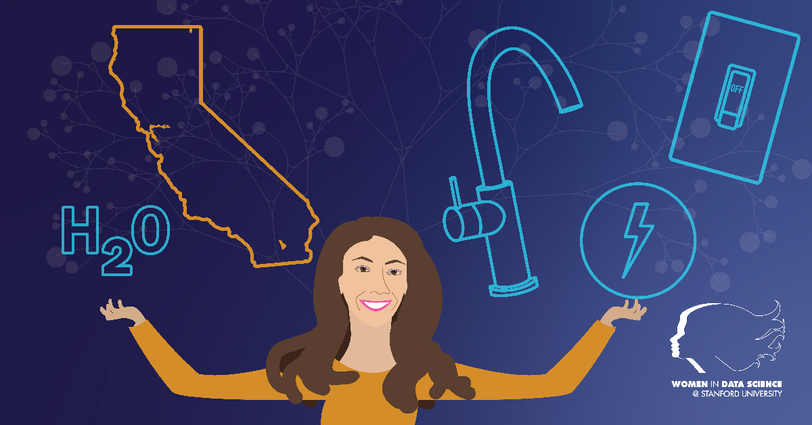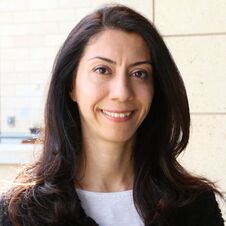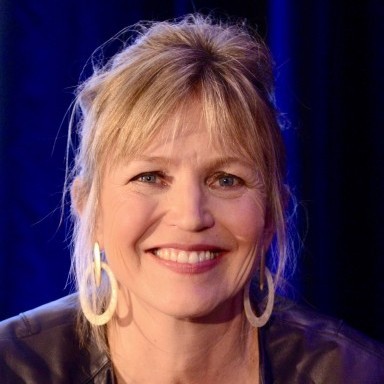Improving Urban Water Systems Through Data Science, Public Policy and Engineering


Director of Urban Water Policy at Stanford University
About this episode
Newsha Ajami, director of Urban Water Policy with Stanford University’s Water in the West, focuses on improving urban water systems through interdisciplinary research combining data science, engineering and public policy.
Highlights
Newsha Ajami is a hydrologist specializing in sustainable water resource management, water policy, the water-energy-food nexus, and urban water strategy.
When she was studying hydrology in grad school, she took a water policy class that changed the trajectory of her career. “I would say that was one of the most important events in my professional career. I realized that laws and policies are what change the way we manage resources,” she says. All the data optimization and modeling means nothing unless you can understand the policy layer imposed on how our natural systems operate.
This interdisciplinary approach guides her research at Stanford’s Urban Water Policy group where she brings together expertise in hydrology, data science, engineering, public policy, human behavior and economics to improve urban water systems.
Newsha explains that we’ve spent a lot of time focusing on building more capacity to meet increasing demand for water because our 20th century approach to water resource management has been very one-dimensional and engineering focused. She has learned how it’s better to work with nature to get access to clean water, rather than constantly trying to engineer our way out of our natural limitations.
As we build future cities and communities, she says we need to be mindful to not impose our outdated thinking. She says we don’t need to build infrastructure like dams or centralized systems that disconnect people from their water resources. Instead, build decentralized systems, green infrastructure and capture and recycle water as much as possible.
Newsha’s research helping utilities use data science to improve demand management by increasing the understanding of how and why customers change the way they use water. She recommends that instead of building for more demand that instead we focus on changing mindsets to increase efficiency with the water resources we have.
Her research leverages data science across disciplines to understand how water demand patterns are changing over time and then communicates this effectively to decision makers. She wants them to see how we can build cities or communities that are data centric and connect water systems, energy systems and transportation systems to work together more sustainably in the future.

About the Host
Margot Gerritsen
Stanford Professor [Emerita] Margot Gerritsen is the Executive Director and co-founder of Women in Data Science Worldwide (WiDS) and born and raised in the Netherlands. Margot received her MSc in Applied Mathematics from Delft University of Technology before moving to the US in search of sunnier and hillier places. In. 1996 she completed her PhD in Scientific Computing & Computational Mathematics at Stanford University and moved further West to New Zealand where she spent 5 years at the University of Auckland as a lecturer in Engineering Science. In 2001, she returned to Stanford as faculty member in Energy Resources Engineering. Margot was the Director of the Institute for Computational & Mathematical Engineering (ICME) at Stanford from 2010-2018 and the Senior Associate Dean for Educational Affairs in Stanford’s School of Earth Sciences from 2015-2020. In 2022, Margot took Emerita status to devote herself to WiDS full time. Margot is a Fellow of the Society of Industrial & Applied Mathematics, and received honorary doctorates from Uppsala University, Sweden, and the Eindhoven University of Technology in the Netherlands. She now lives in Oregon with her husband Paul.
Connect with Margot Gerritsen on Twitter (@margootjeg) and LinkedIn.
Find out more about Margot on her Stanford Profile.

